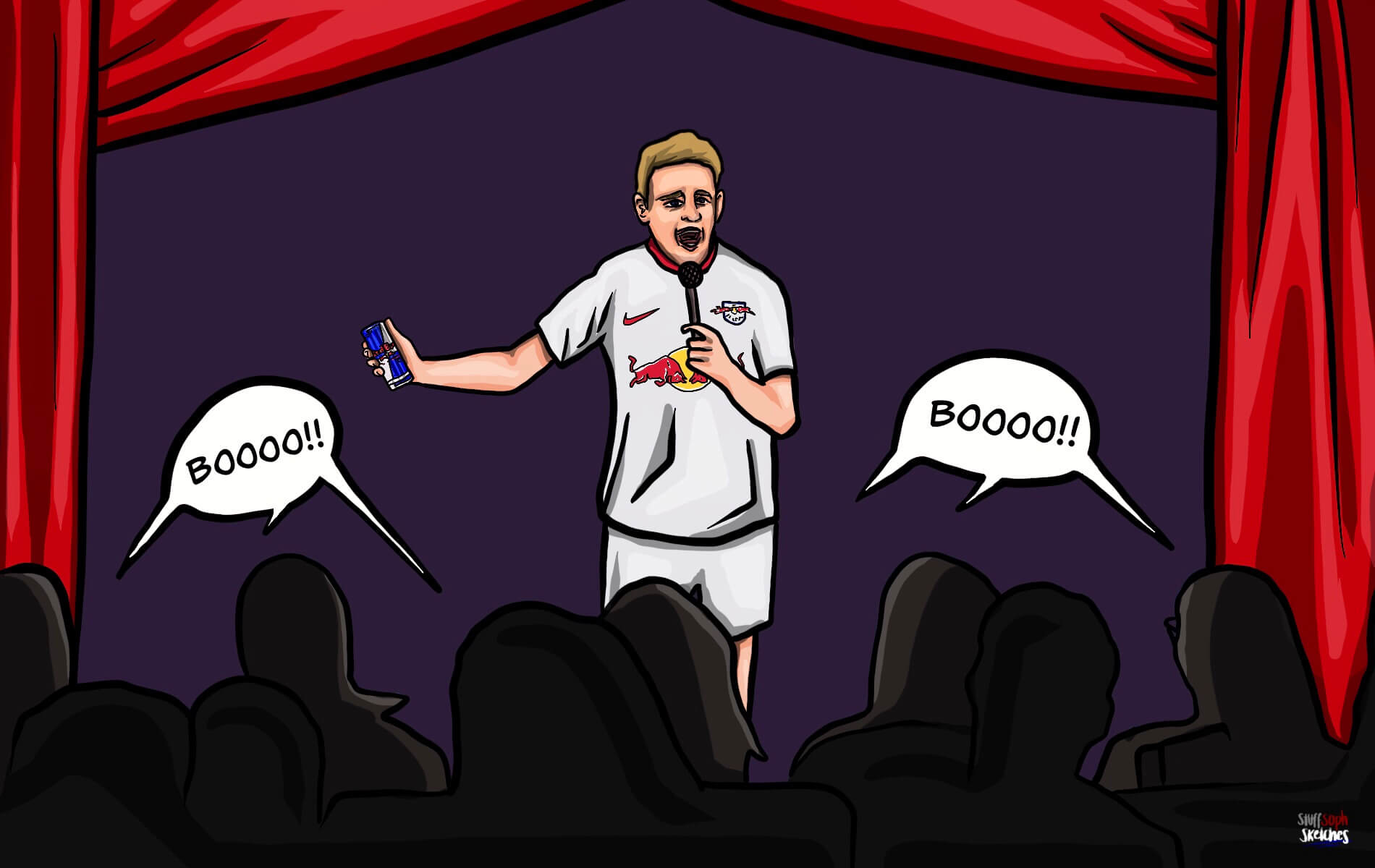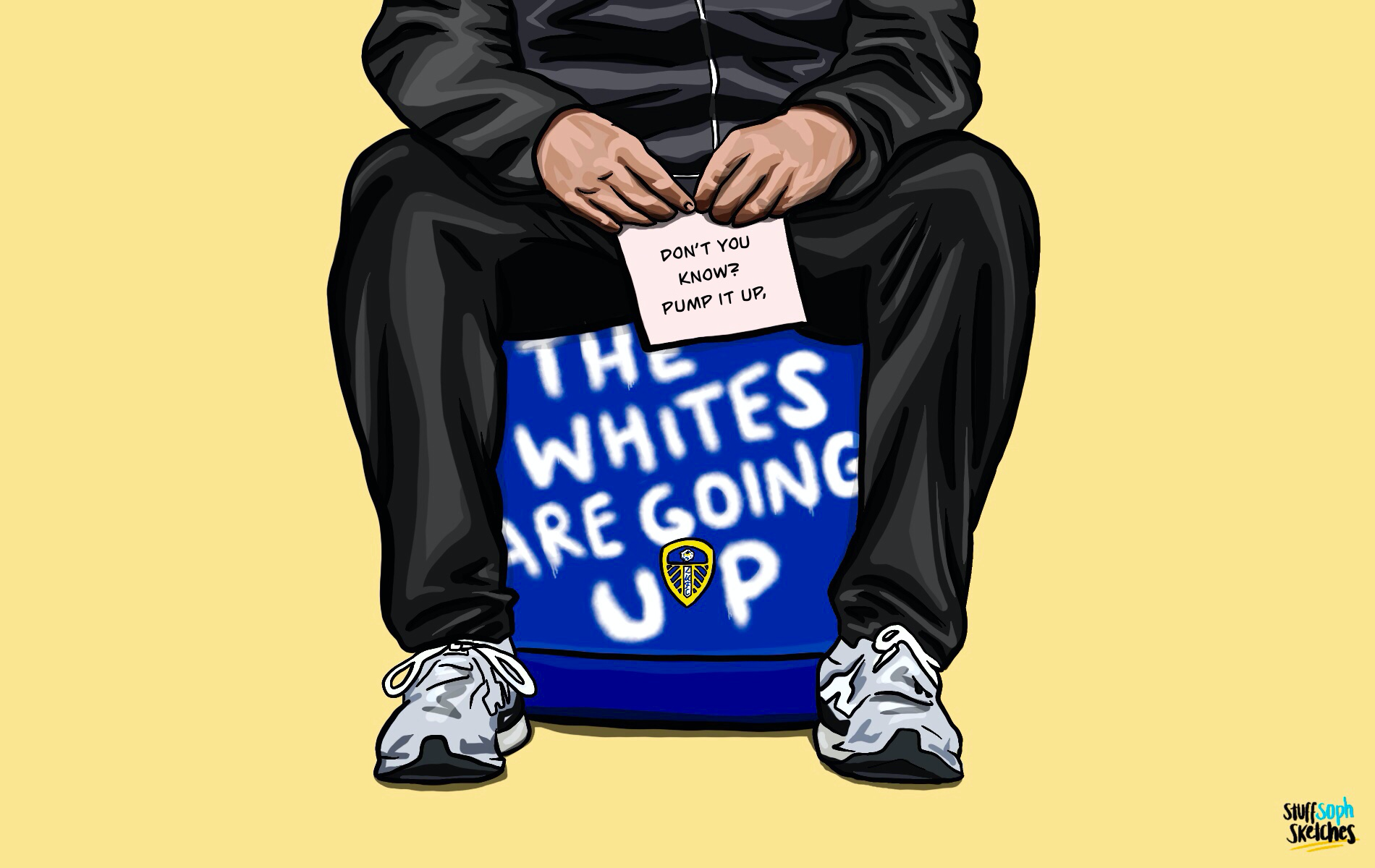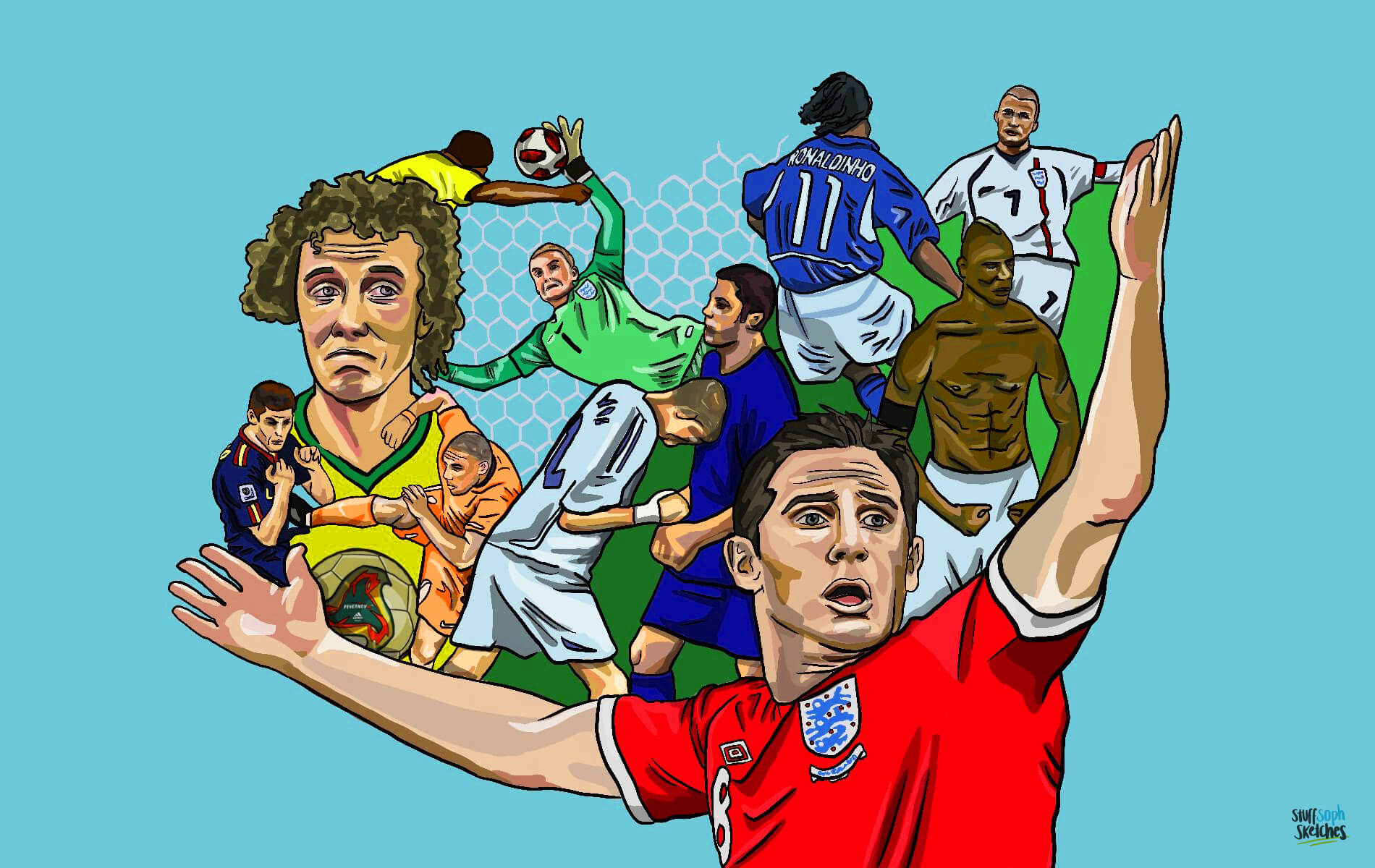The city of Leipzig, the biggest in the state of Saxony, is one of the most vibrant and cultural places in eastern Germany. Often referred to as an art lover’s paradise, there are opportunities to visit an array of galleries, museums, concert halls as well as spirited and sophisticated pub districts. The Romanesque and neo-Gothic landmarks are bursting with style, elegance and history. But since 2009, if you take a trip down to Am Sportforum 3, you will find a new attraction – a stage set for the true pantomime villains of the Bundesliga – the Red Bull Area, home to Germany’s most hated football team: RB Leipzig.
The club is owned by the Red Bull GmbH company, but due to unyielding German football laws that prevent clubs from having corporate names, their full title is Rasenballsport Leipzig. However, this feels more like a brazen pseudonym as we all know what the “RB” really stands for. As football fans, we wear our club histories as a badge of honour. The tales of how and where our teams originated feed deeply into our sense of identity. Digging up roots of the past allows us to not only to bathe and bask in the warmth of sentimentality, but it also enables clubs to make communities and cities feel truly connected to their brand. For example, Manchester United’s 2018-19 home kit was inspired by the railway men of Newton Heath who founded the club. More recently, Arsenal’s newly announced 2020-21 away shirt features a red marble design, a nod to the famous Marble Halls at Highbury stadium. Perhaps more of a fitting example would be Borussia Dortmund’s new electrifying home jersey inspired by the legendary Westfalenhallen station. My point is that community, culture and history are important for football fans. RB Leipzig were founded in 2009 and in their short history they have power-housed their way from German football’s fifth tier all the way to a Champions League semi-final in just a decade. The very idea that an artificial product, owned by a billionaire Austrian energy drink company, can accelerate themselves into success in a matter of a few years terrifies an industry full of tribal romantics and narcissists. Klaus Hoeltzenbein, a journalist for one of the largest daily newspapers in Germany, Süddeutsche Zeitung, poignantly wrote that: ‘RB remains a controversial artificial product and a start-up, set up in the fifth division as a shell that had millions of euros and ambition pumped into it. But some traditionalists will have to recognise that this project has shaken up and challenged an industry that was a little too in love with itself’.
If thousands of silent, leering fans dressed in dominatrix attire isn’t enough to unsettle you, then the gory escapades of Dynamo Dresden’s fans just might.
The argument that Red Bull have created a football team with the sole intention of promoting their brand has not prevented them from developing a sturdy and loyal fanbase. Guido Shafer, chief reporter for Leipziger Volkszeitung, stated that ‘the whole city loves RB Leipzig – apart from the two traditional clubs, Chemie and Lok Leipzig – and everyone knows how worthwhile it is to have such a club in the city. The fanbase is also growing. Now nearly every match is sold out with 40,000’. In many ways, the opportunity for the people of Leipzig to immerse themselves into football on the biggest of stages must come as a much-welcomed surprise. Many locals will remember how the “Monday demonstrations” of 1989 saw thousands protest against the attempt at Russian-German Socialism, which understandably (maybe) left football very much as an afterthought in the city.
It would be an understatement to say that this adulation is not shared across the rest of Germany. As I mentioned, RB Leipzig are considered by many as the most hated football team in the country. In 2016, for their first ever home game in the Bundesliga, Borussia Dortmund fans simply refused to make the journey to Leipzig. Even to this day, the Dortmund club itself refuses to use Leipzig’s crest when they visit Signul Aduna Park. In slightly more ominous fashion, Union Berlin fans dressed in black plastic and spent the first fifteen minutes of their match in total silence. If thousands of silent, leering fans dressed in dominatrix attire isn’t enough to unsettle you, then the gory escapades of Dynamo Dresden’s fans just might. During a German Cup clash against Leipzig, a group of supporters threw a severed bull’s head on to the pitch in protest of Leipzig’s very existence, an act which saw the club fined £54,000. A measly fine, some might say, for such a barbaric and grotesque gesture.
The hatred runs deep throughout German football with many seeing the rise of Leipzig as a devious manipulation of Germany’s fifty-plus-one rule. This rule is a part of regulations implemented by the Deutsche Fußball-Liga (DFL). The DFL state that ‘in order [for a club] to obtain a license to compete in the Bundesliga, a club must hold a majority of its own voting rights. The rule is designed to ensure that the club’s members retain overall control, by way of owning 50% of shares, +1 share, protecting clubs from the influence of external investors.’ How Leipzig have got around this is by only having a very small handful of members, most of whom are Red Bull agents anyway. They are equally criticised for having a much more expensive membership fee than other clubs.
Nobody can argue that Leipzig have financed their way into football’s top competitions, but how much longer can fans and clubs fight this? And is it really worth it? Being a Manchester United fan, I will always loathe Manchester City and poke fun at the fact that they have shamelessly bought their success, but I have to admit a lot of what I feel towards them right now is jealousy. I am jealous because they are playing tantalising football and winning trophies. However, what many advocates for RB Leipzig argue is that they are a club who have invested most of their money in scouting and youth development, rather than simply purchasing the biggest household names in football (which is arguably Manchester City’s approach). Players such as new Chelsea signing Timo Werner, who scored twenty-eight goals last season in the Bundesliga, have really improved their game at the Saxony-based club. Dayot Upamecano is another young player who looks to have a very bright future, especially after a flawless performance against Atletico Madrid, a game which ironically, in true schadenfreude style, saw social media turn its attention to Werner, who had just left the club and missed the chance to play in a Champions League semi-final. As we know, Leipzig exited the competition at this stage after a 3-0 defeat at the hands of PSG, another club who aren’t winning any popularity contests. We are aware that most of Leipzig’s player salaries are funded by energy drinks, but where does the money paying for players like Mbappe and Neymar come from? Where does that thought sit on the morality scale? The money from Qatar and Abu Dhabi that fund clubs like City and PSG certainly brings success, but it is hard not to think that it also holds a distasteful sort of power that can make certain problems go away and keep the less fortunate teams in their place.
Take Barcelona as another comparable entity. During their humiliating 8-2 defeat at the hands of Bayern Munich, the Catalan side had their £108,000,000 signing Antoine Griezmann on the bench as well as Ousmane Dembele (a £124,000,000 signing) and their other most expensive signing Phillipe Coutinho (£130,000,000), who came on to score twice and bag an assist against them. That is £362 million worth of talent that to many must appear wasted. Do Leipzig fall into this category? When you compare the spending of Leipzig to the other three clubs mentioned then it is hard to say yes.
As a neutral, there is lots to admire about Julian Nagelsmann’s exciting newcomers. They play attacking, free-flowing football and appear to be investing their money in the right way. It will be fascinating to see whether they can seriously challenge the current holders Bayern Munich for the title next season, or whether they will become another side ransacked by the big names of Europe. There’s no telling how far this side can go. But we all know one thing, Red Bull gives you wings.



